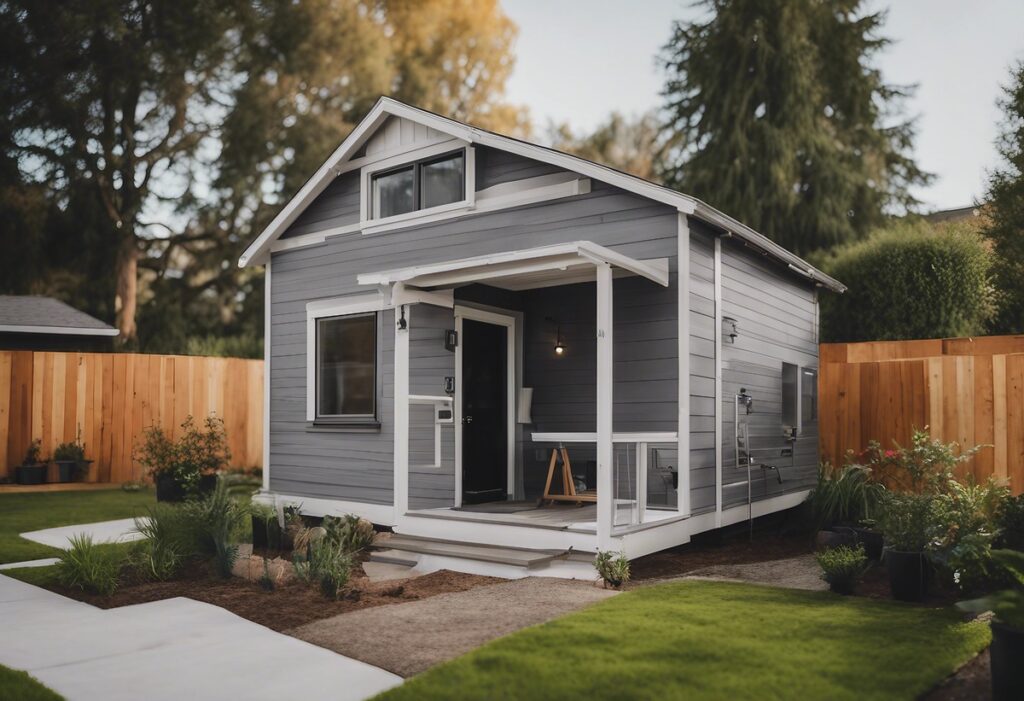A wave of reforms is sweeping across the U.S. as states adopt legislation to expand shared housing opportunities, aiming to combat rising rents and housing shortages. Historically prevalent in the U.S., shared housing declined over the past 70 years due to increasingly restrictive zoning laws. Now, states are reversing this trend with laws that foster affordability and new housing models.
Key Developments
In 2024, Colorado, Hawaii, and Washington joined the growing list of states addressing affordability through shared housing legislation.
- Microunits in Hawaii and Washington: Both states passed laws requiring local governments to allow microunits—low-cost housing arrangements where residents have private rooms but share common facilities such as kitchens and bathrooms. These laws mirror Oregon’s 2023 legislation supporting microunits.
- Colorado’s “Golden Girls” Law: Colorado became the third state, after Iowa in 2017 and Oregon in 2021, to eliminate restrictions on the number of unrelated individuals who can live together in a single home.
These reforms reflect different approaches to fostering affordable shared housing while addressing the unique needs of each state.
Microunits: A Cost-Effective Housing Solution
Microunits, long restricted by local zoning laws, are gaining traction as a practical way to expand affordable housing options. In Washington, where rents climbed 42% between 2017 and 2023, H.B. 1998 was passed with bipartisan support. The law authorizes microunits in urban areas, potentially generating at least 2,400 low-cost units annually. It also complements H.B. 1042, a 2023 law permitting office-to-residential conversions statewide.
A Pew Charitable Trusts and Gensler study highlighted the financial benefits of microunits. Converting an office building in downtown Seattle into microunits with shared facilities would cost $190,000 per unit, compared to $400,000 for a traditional studio apartment. Rents for microunits would average $1,000 per month, significantly lower than the $1,530 monthly cost of a studio in the same area.
Hawaii has embraced similar measures. In Oahu, where 13% of offices sit vacant, H.B. 2090 allows these spaces to be converted into microunits, easing the state’s housing crisis. By reducing parking mandates for these projects, Hawaii makes such developments more financially feasible. Oregon also aims to leverage microunits to meet its ambitious goal of adding 360,000 housing units by 2033.
House Sharing: A Growing Movement
Colorado’s H.B. 1007 removes limits on the number of unrelated people who can share a home, expanding housing options statewide. Cities like Denver had already implemented similar policies, but the law now applies to cities such as Fort Collins and Littleton, where previous regulations allowed only three unrelated individuals per household.
Iowa’s 2017 law, which prohibits cities from restricting shared housing based on familial relationships, served as a model for Colorado. Oregon followed this trend in 2021. However, restrictive laws persist in some states. In Kansas, for example, a 2022 ordinance bans more than three unrelated adults from cohabiting in a single property, a policy now facing a federal legal challenge.
Final Thoughts
With 22.4 million U.S. households spending 30% or more of their income on rent, shared housing offers an affordable alternative. Co-living providers have already created thousands of rooms nationwide, with rents often far below local studio apartment costs. These housing models also address a mismatch between household sizes and the housing stock: while the median size of homes has grown, the number of people living in them has shrunk.
New state laws in Colorado, Hawaii, and Washington signal a shift toward embracing shared housing. As more states follow their lead, millions of cost-burdened Americans could benefit from lower housing costs, and evidence suggests that homelessness would likely decline.










